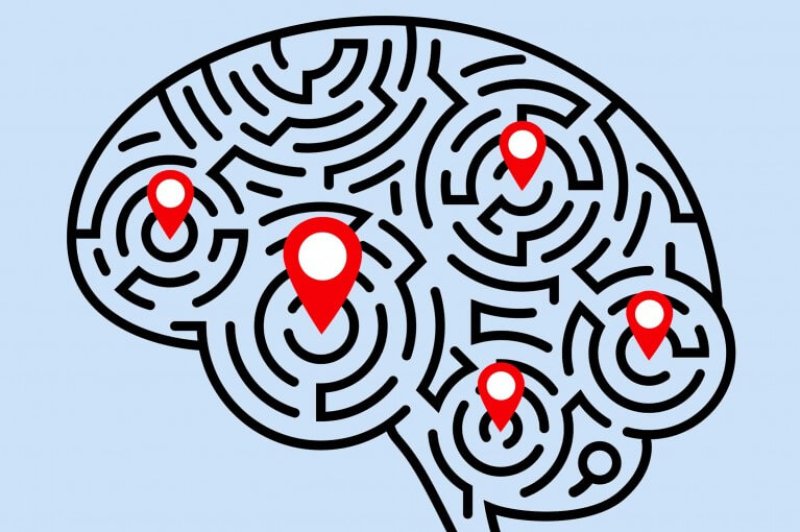When people are told which way to turn, it relieves them of the need to create their own routes and remember them. They pay less attention to their surroundings. And neuroscientists can now see that brain behavior changes when people rely on turn-by-turn directions.
In a study published in Nature Communications in 2017, researchers asked subjects to navigate a virtual simulation of London’s Soho neighborhood and monitored their brain activity, specifically the hippocampus, which is integral to spatial navigation. Those who were guided by directions showed less activity in this part of the brain than participants who navigated without the device.
…
The hippocampus is crucial to many aspects of daily life. It allows us to orient in space and know where we are by creating cognitive maps. It also allows us to recall events from the past, what is known as episodic memory.
…
[Researcher Amir-Homayoun] Javadi said the conclusions he draws from recent studies is that “when people use tools such as GPS, they tend to engage less with navigation. Therefore, brain area responsible for navigation is less used, and consequently their brain areas involved in navigation tend to shrink.”
Read full, original post: Ditch the GPS. It’s ruining your brain































